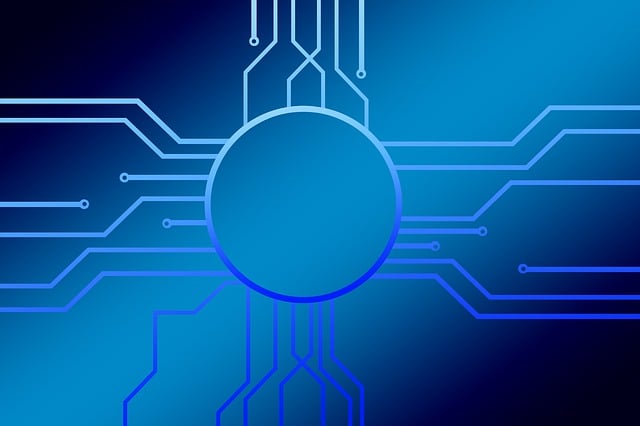Artificial intelligence (AI), propelled by the Internet of Things (IoT), is fast evolving as a significant general-purpose technology. Today, AI-powered and IoT enabled applications, gadgets, smart devices, entertainment systems and appliances with predictive actions are making life more secure, comfortable, convenient, and safe for us. According to an analysis by Frost & Sullivan, the growth of IoT adoption in the country is backed by strong connectivity and coverage, rising internet penetration, a surge in smart applications adoption, new business models, and government initiatives such as smart city projects. The Indian IoT market is expected to reach US $9.28 billion by 2025 from US$4.98 billion in 2020, driven mostly by changes in consumer behaviour triggered by the COVID-19 pandemic, and verticals focused on automation are driving the market.
Adoption of digital technologies
Technology has evolved to such an extent that there is a possibility to design meaningful collaboration between humans and machines, primarily due to advancements in AI and IoT as one of the key focus areas of digital transformation projects in the consumer electronics and home appliances industry. Together as AI and IoT merge, they create AIoT – a smart, connected network of devices that seamlessly communicate to power data better and faster. We can see these trends all around us, from wearable devices, that continuously monitor and track user preferences and habits to smart appliances and assistants, such as television, AI assistants, ACs, refrigerators, washing machines, security devices and even coffee machines that support people with everyday tasks, often terming this personal comfort as ‘Smart Homes’.
CE industry harnessing the potential of AI and IoT
Consumers are demanding more comfortable lifestyles, their habits are evolving, which is leading to change their preferences. CE brands are leaving no stone unturned to make users lives more comfortable, incorporating and developing AI innovation to products with the aim of saving time and effort. Today, air conditioners enabled with AI can read the room quite literally and cool the room for the precise length of time as required by the user and use modes like auto shut and restart as and when required. Washing machines can autonomously regulate the washing strength to be used according to the load weight and the type of fabric. It can also automatically send an alert when detergent is out of stock. Using a deep learning algorithm, you can remotely monitor and recognise food items inside the refrigerator.
As a leading consumer appliance brand in India, Haier has focused efforts in introducing smart solutions powered by breakthrough technologies to give the best results that are effective and efficient. This year, we launched new AI enabled revolutionary Haier 959 Front Load Washing Machines, and Top Load Washing Machines. Additionally, we have forayed into a new category with Robot Vacuum Cleaner in India with an aim to make cleaning more efficient, effective and user-friendly. And this does not stop here, other brands are also focusing on AI face recognition security cameras, some are innovating for baby monitoring devices, and even autonomous transportation connected home ecosystem.
The way forward for smart home appliances in India
Interoperability will be the key to making the smart home a reality and transforming the landscape of connected consumer products. It has become a demand of modern homeowners who require each of their gadgets to be technologically enhanced to ensure interconnectivity with the main voice assistant of choice. Interconnected devices also allow for instance to use mobile devices to operate home appliances without one being there. And, today these are also being seen as a means of conserving energy on some level. Not only should we see the advent of such technologies to expand the horizons for products only for the sake of modernity, but we must also reflect on its current utility.
Moreover, since AI is undeniable future, it is only a matter of time before jurisdictions will need to match its pace and make subsequent changes to laws and regulations to both limit and promote AI. The importance and brilliance of AI cannot be ignored in the coming era.





